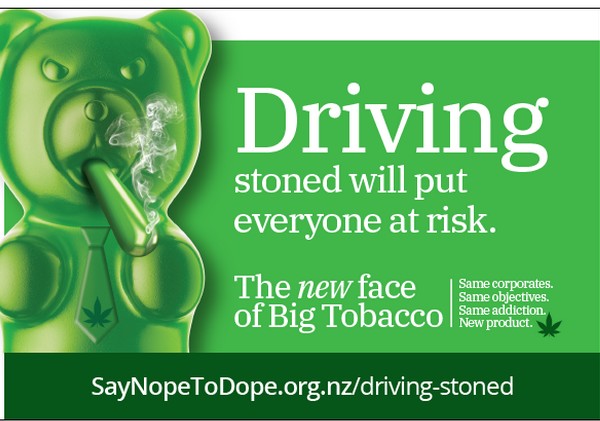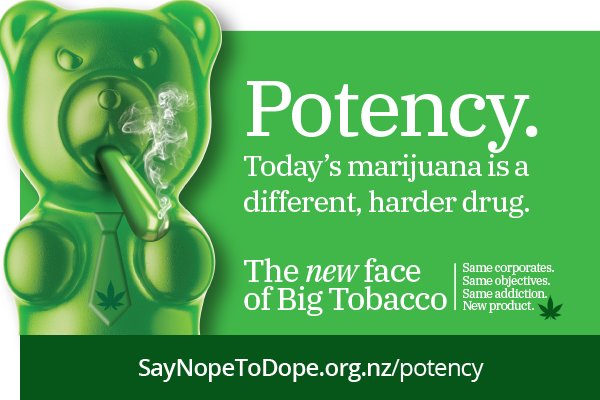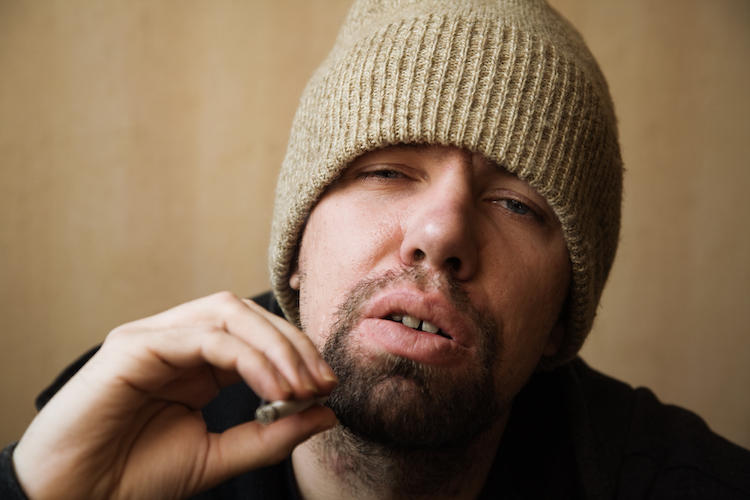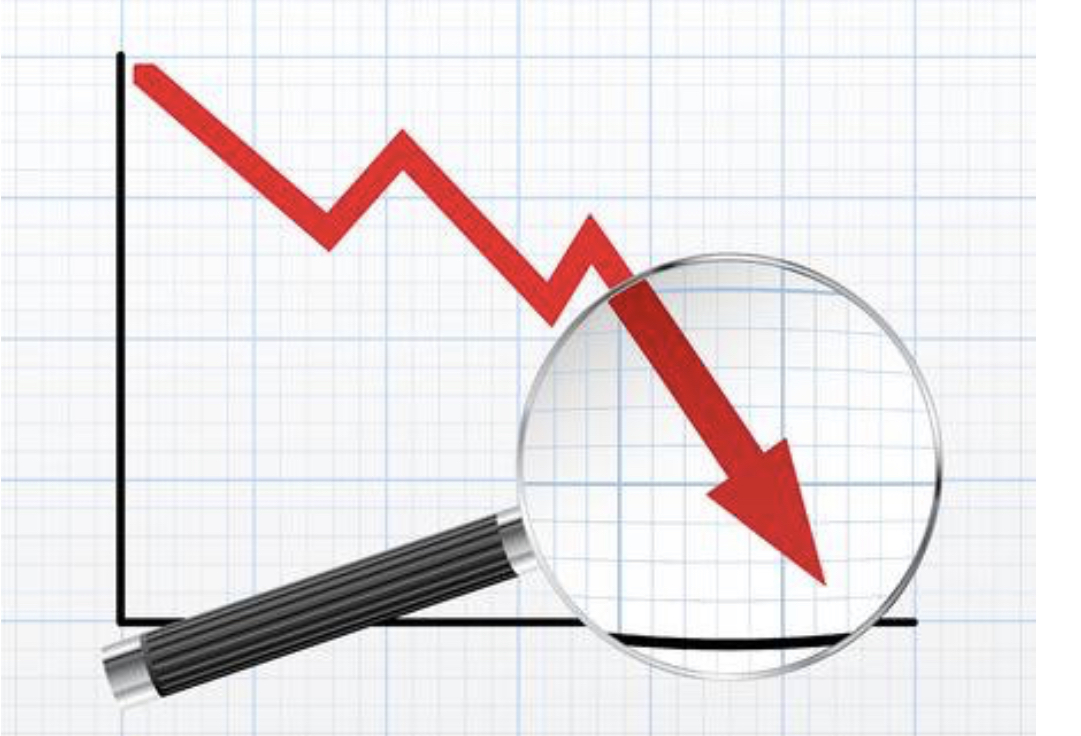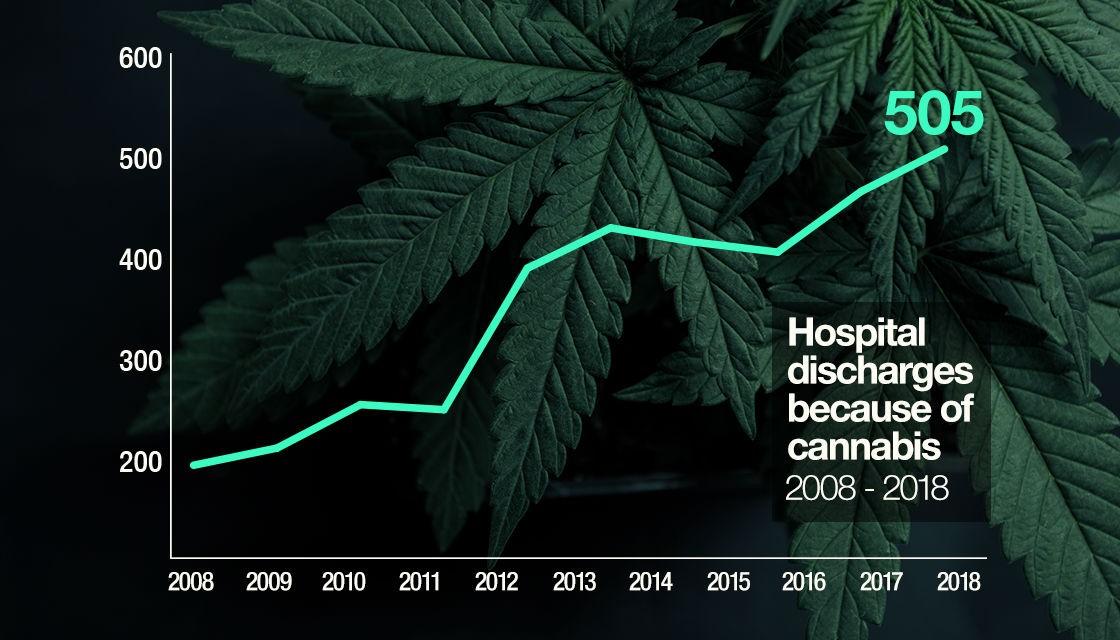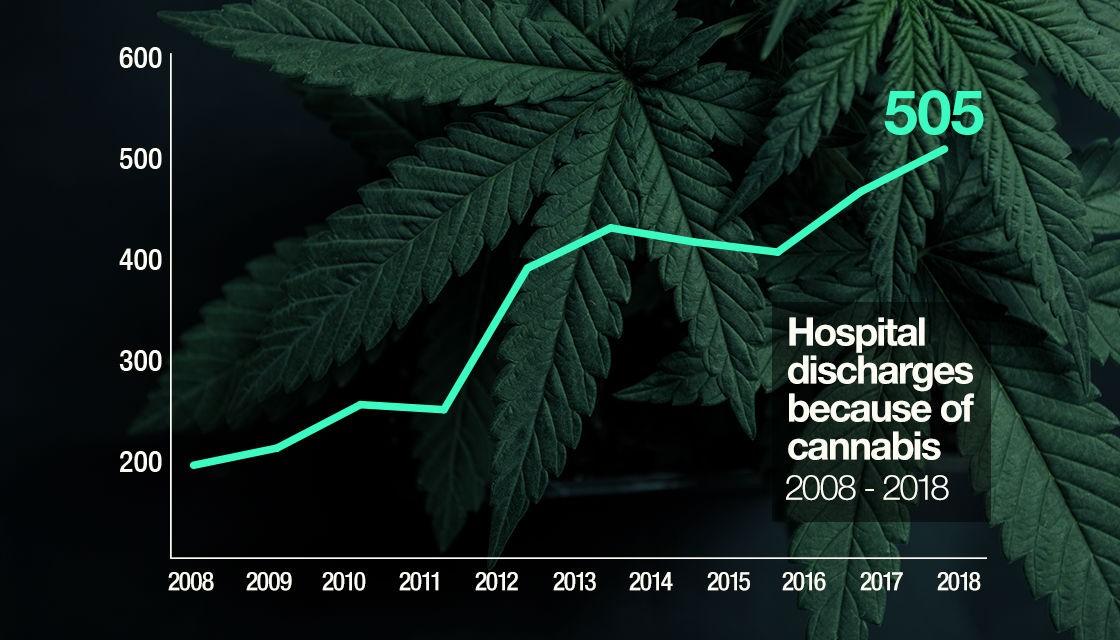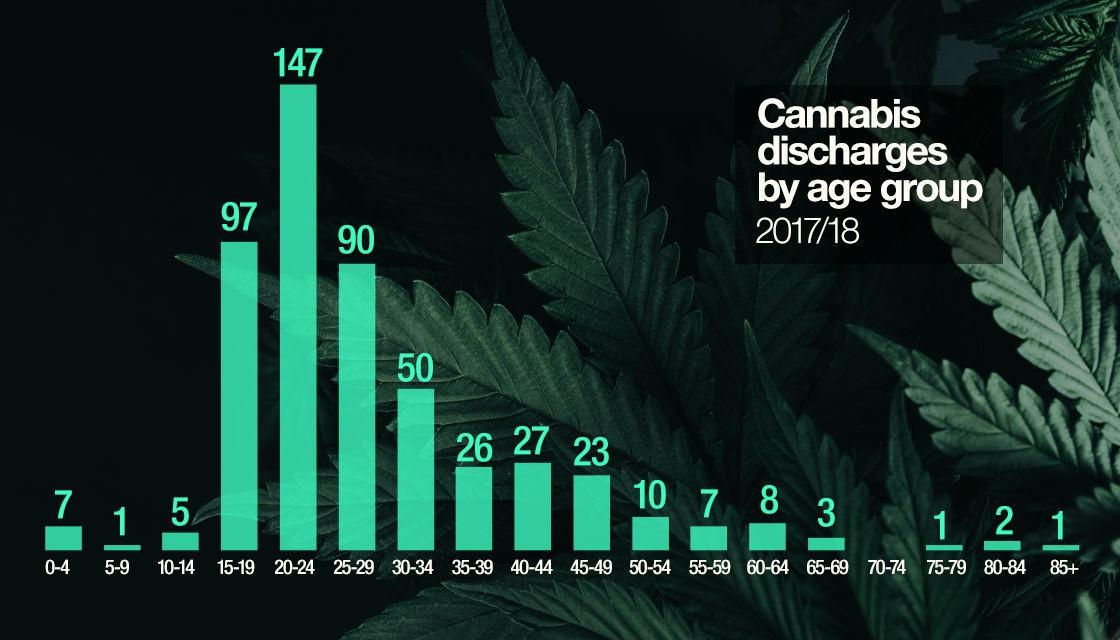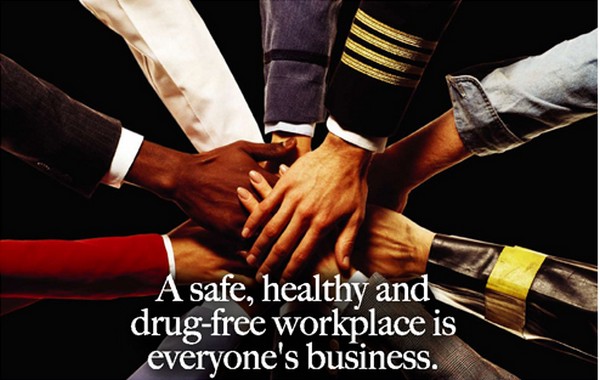
NZ Herald 30 August 2019
Family First Comment: Businesses sound the alarm…
“You can’t have drug-impaired people operating processing sites, yet this Government is considering legalising stuff we are testing against. We are strongly anti because we know how it negatively impacts on performance.”
“We have a high suicide rate and a high level of mental health issues – it would do nothing but social harm,”
#saynopetodope
The number of zeroes on the balance sheet of Kirk Hardy’s business would probably treble if cannabis use was legalised, but it would be hard to find anyone more opposed to the idea.
The co-founder and chief executive of The Drug Detection Agency (TDDA), Australasia’s biggest workplace drug tester, says legalisation would be “a terrible mistake”.
“We have a high suicide rate and a high level of mental health issues – it would do nothing but social harm,” he argues.
Hardy says that judging from the experience of US workplace drug testers in states where cannabis use has been legalised, his business workload would increase three- or four-fold.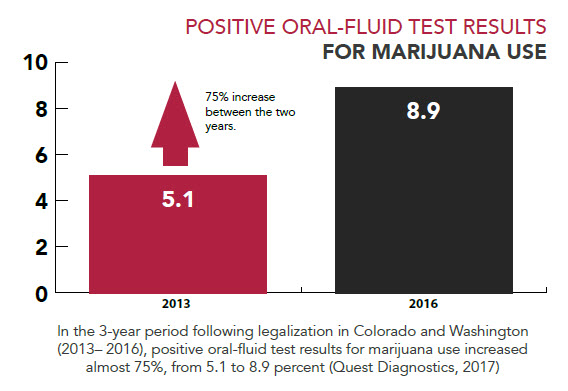
“Businesses don’t want it in the workplace, so they do more testing.”
Hardy has spent much of his working life around drugs and has seen first-hand the damage they wreak. The Aucklander was a panel beater before joining the police force and becoming a drug squad detective for nearly 10 years.
Workplace drug testing is a family affair. Hardy’s brother Karl, one of the original directors after TDDA was founded in 2005, now heads another drug testing company, Auckland-based WorkCare, which has partnered with the Employers and Manufacturers Association (EMA).
READ MORE: https://www.nzherald.co.nz/business/news/article.cfm?c_id=3&objectid=12262707

